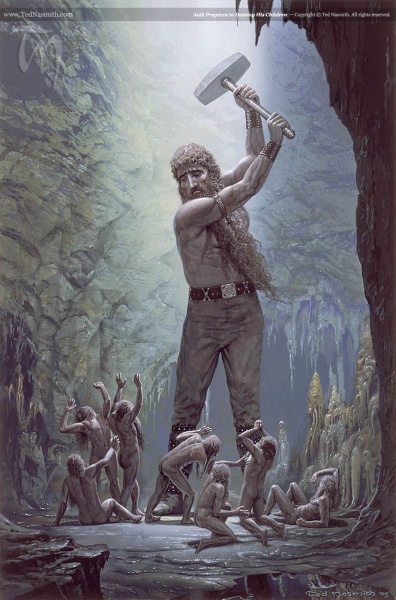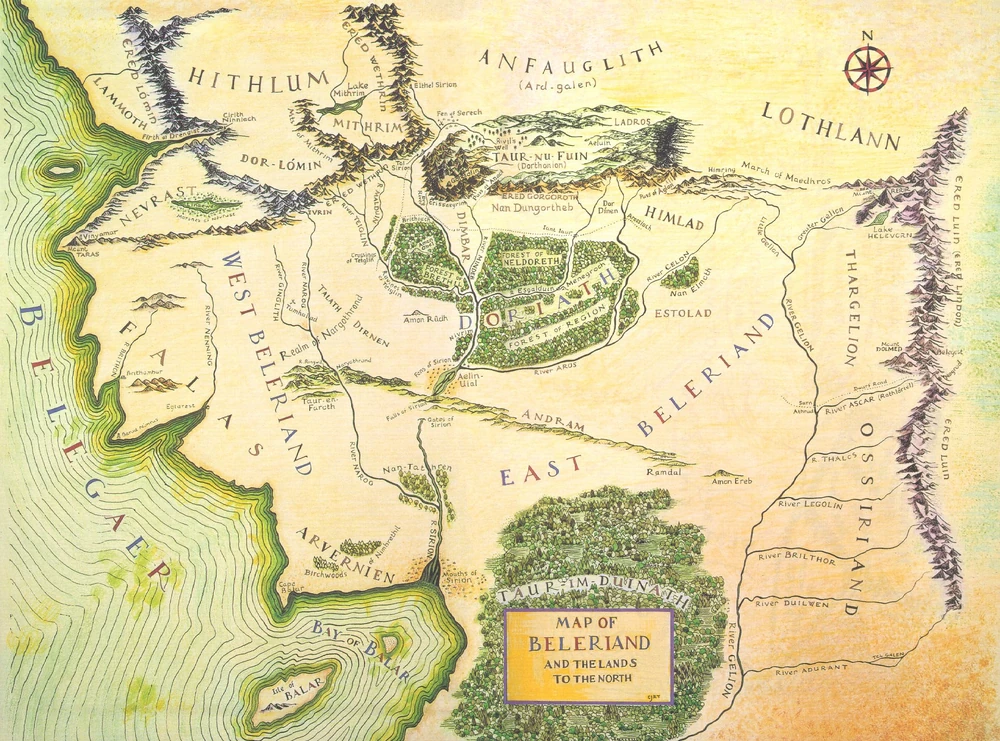[Ainulindalë: Music of the Ainur]
“There was Eru, the One, who in Arda is called Ilúvatar; and he made first the Ainur, the Holy Ones, that were the offspring of his thought, and they were with him before aught else was made. And he spoke to them, propounding to them themes of music; and they sang before him, and he was glad. But for a long while they sang only each alone, or but few together, while the rest hearkened; for each comprehended only that part of the mind of Ilúvatar from which he came, and in the understanding of their brethren they grew but slowly. Yet ever as they listened they came to deeper understanding, and increased in unison and harmony.”
― J.R.R. Tolkien, The Silmarillion
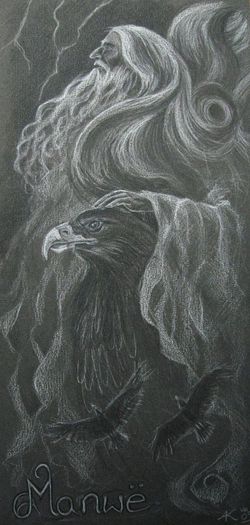
Manwë
King of the Valar, husband of Varda
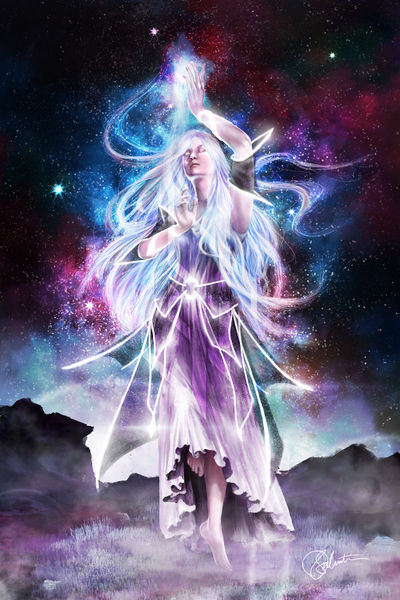
Varda
Queen of the Stars, wife of Manwë
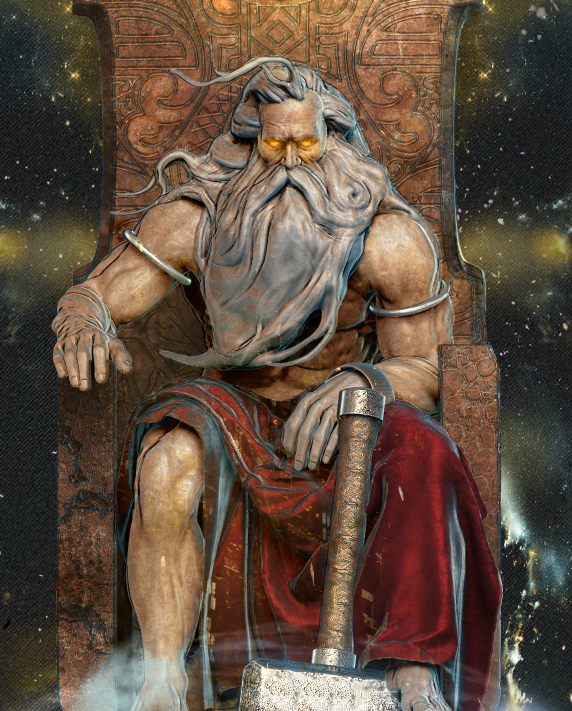
Aulë
the Smith, creater of the Dwarfs, husband of Yavanna
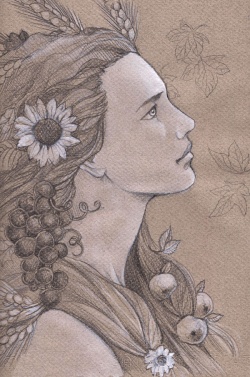
Yavanna
Giver of Fruits, wife of Aulë
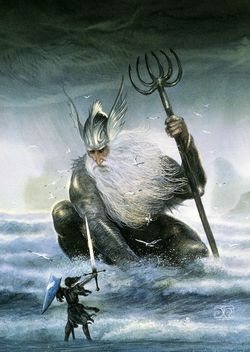
Ulmo
King of the Sea
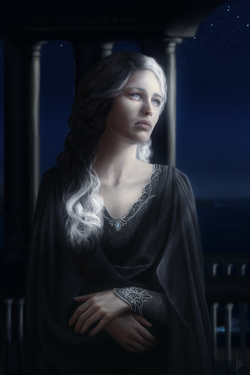
Nienna
Lady of Mercy
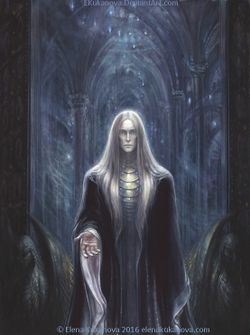
Mandos
Judge of the Dead, husband of Vairë
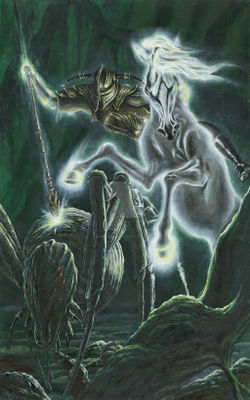
Oromë
The Great Rider, husband of Vána
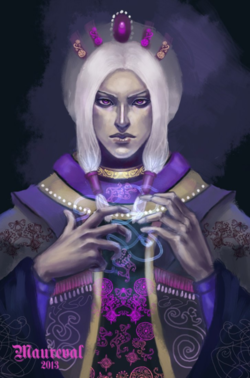
Lórien
Master of Dreams and Desires, husband of Estë
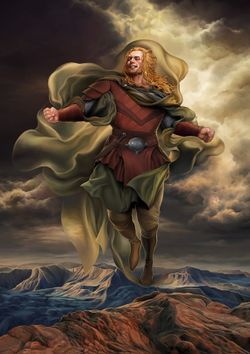
Tulkas
Champion of Valinor, husband of Nessa
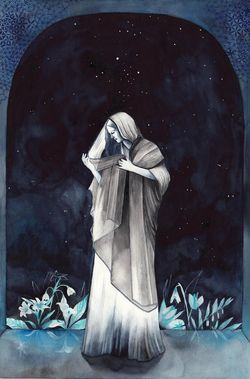
Estë
the Gentle, wife of Irmo
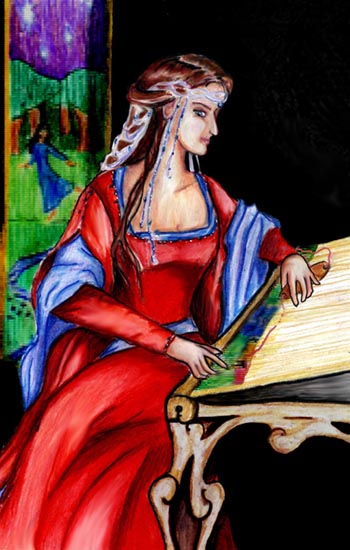
Vairë
the Weaver, wife of Mandos
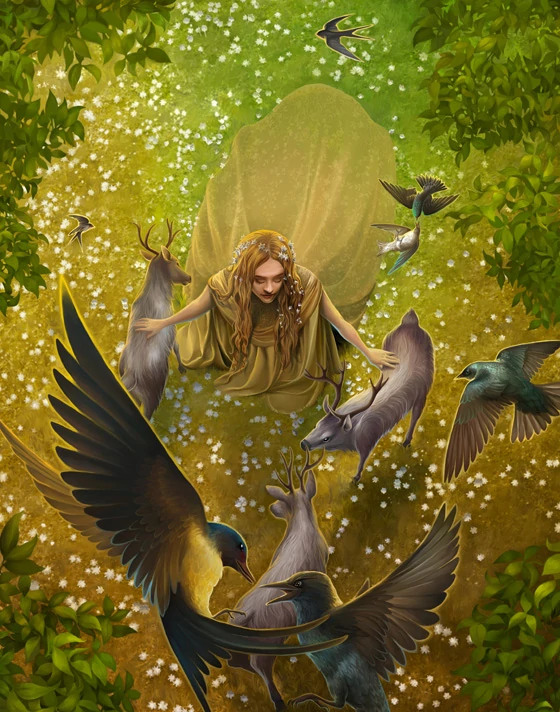
Vána
the Ever-young, wife of Oromë
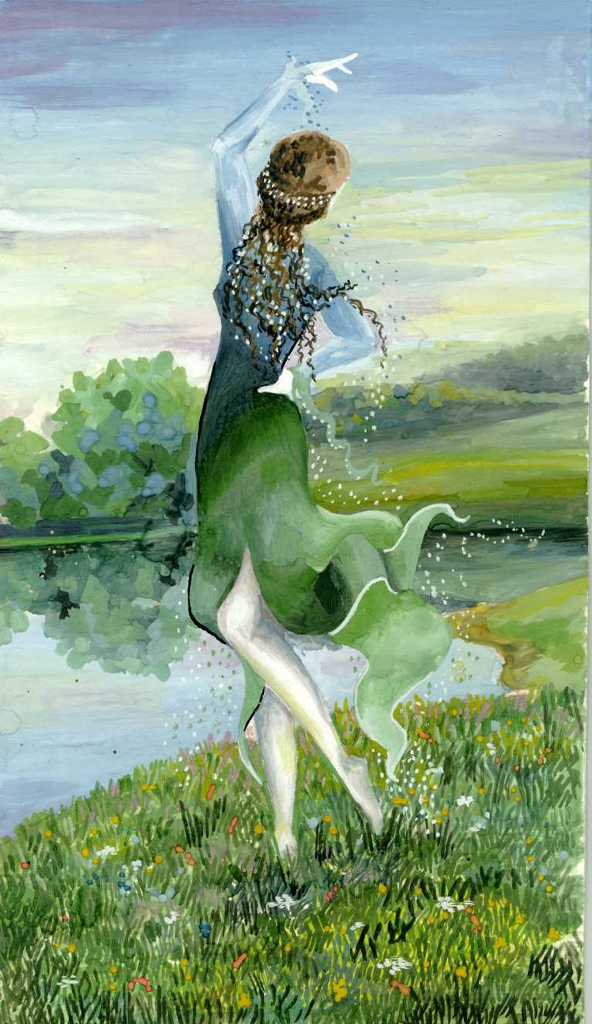
Nessa
the Dancer, wife of Tulkas
Some of these thoughts he now wove into his music, and straightway discord arose about him, and many that sang nigh him grew despondent, and their thought was disturbed and their music faltered; but some began to attune their music to his rather than to the thought which they had at first. Then the discord of Melkor spread ever wider, and the melodies which had been heard before foundered in a sea of turbulent sound. But Ilúvatar sat and hearkened until it seemed that about his throne there was a raging storm, as of dark waters that made war one upon another in an endless wrath that would not be assuaged."
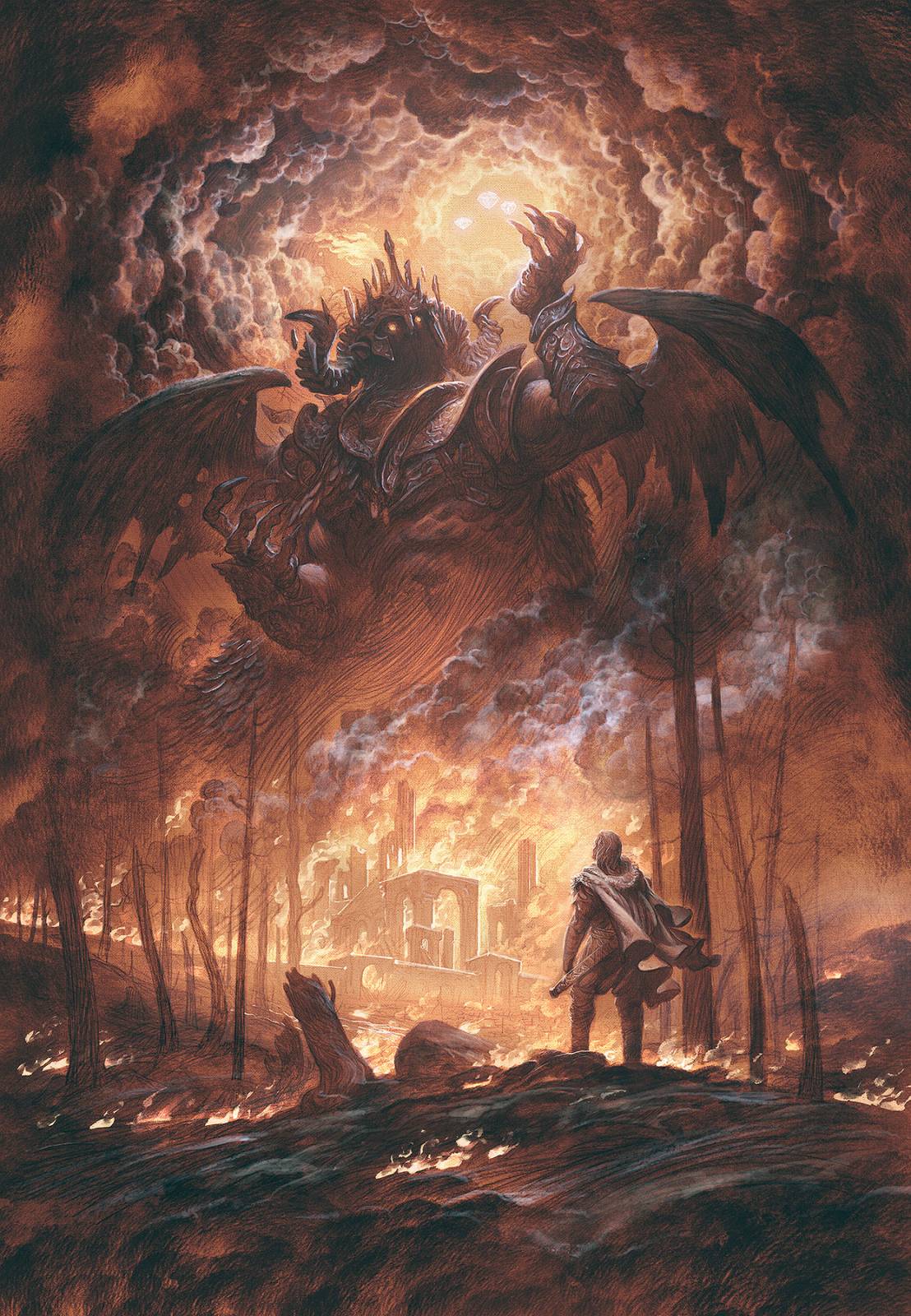
Melkor
Morgoth, the great enemy

